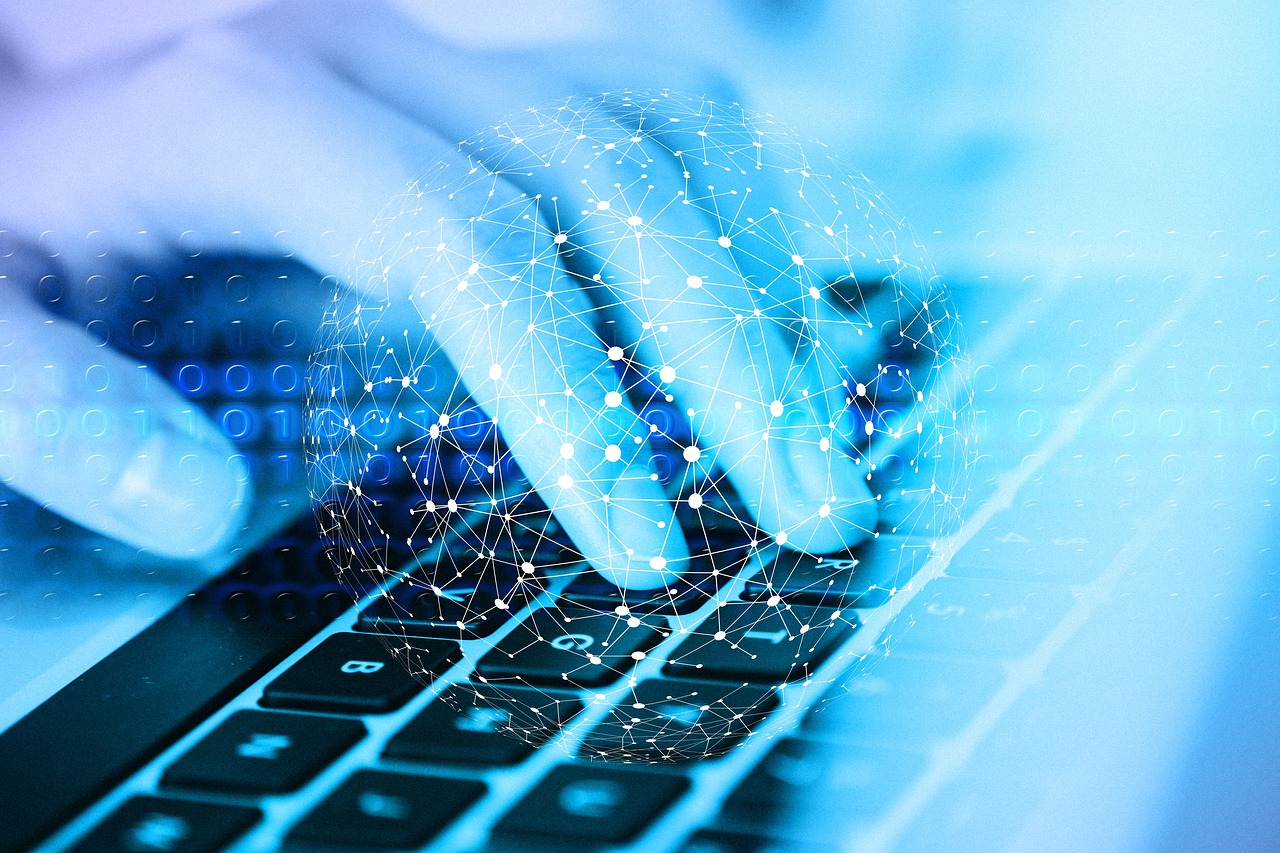
Blockchain is a circulated report innovation that records exchanges across numerous PCs in a way this is secure, straightforward, and unchanging. Every exchange is positioned away in a block, that's connected to beyond blocks, shaping a series of blocks (accordingly the call blockchain). This decentralized nature wipes out the requirement for mediators, enhancements straightforwardness, and increments protection.
Applications Across Enterprises
Finance: Blockchain is widely recognized for virtual currencies like Bitcoin and Ethereum. Past superior financial standards, it really works with stable and powerful cross-line installments, intelligent agreements, and tokenization of sources.
Production network The executives: Blockchain in addition develops recognizability and straightforwardness by way of following merchandise via the production community, lessening misrepresentation, and guaranteeing legitimacy.
Medical services: Secure sharing of scientific facts, overseeing drug deliver chains, and following patient assent are upgraded via blockchain's unchanging and simple nature.
Land: Smoothing out belongings exchanges, making sure possession information are unique, and empowering partial proprietorship through tokenization are worked with by means of blockchain.
Improvement Procedures
Picking the Right Blockchain Stage: Ethereum, Hyperledger Texture, and Corda are well-known choices, every custom outfitted for specific use instances like public digital currencies, project packages, and private businesses.
Savvy Agreement Advancement: Brilliant agreements are self-executing contracts with the phrases straightforwardly composed into code. Engineers use Robustness (for Ethereum) or exclusive dialects to make and send remarkable agreements.
 Contact us
Contact us